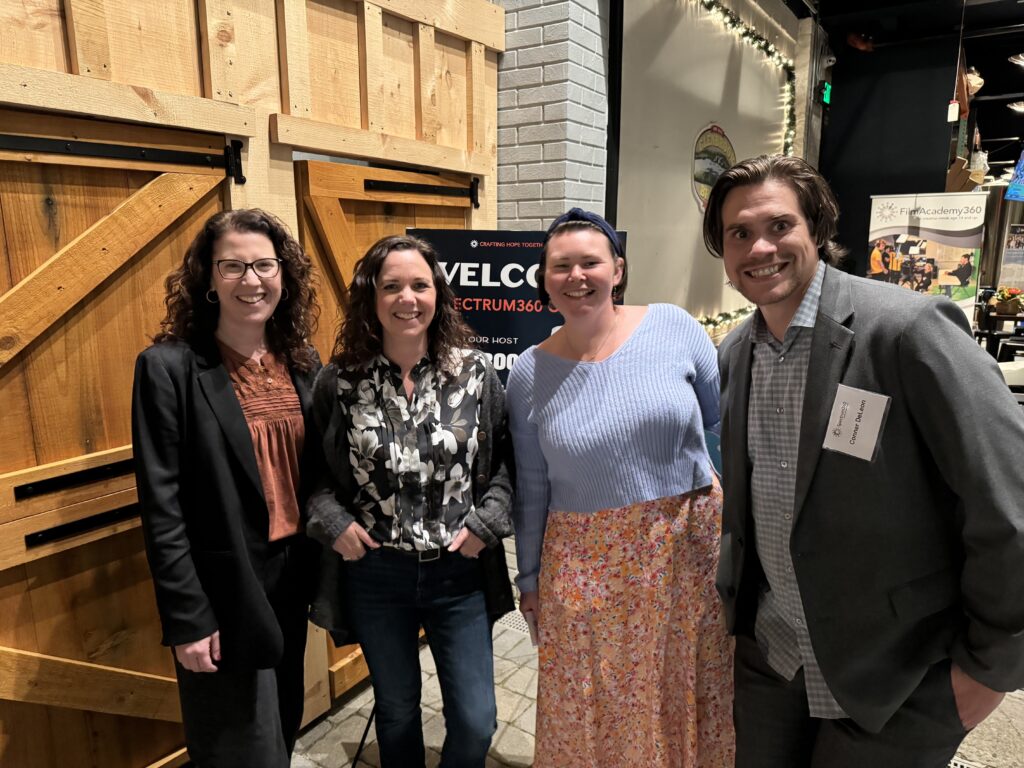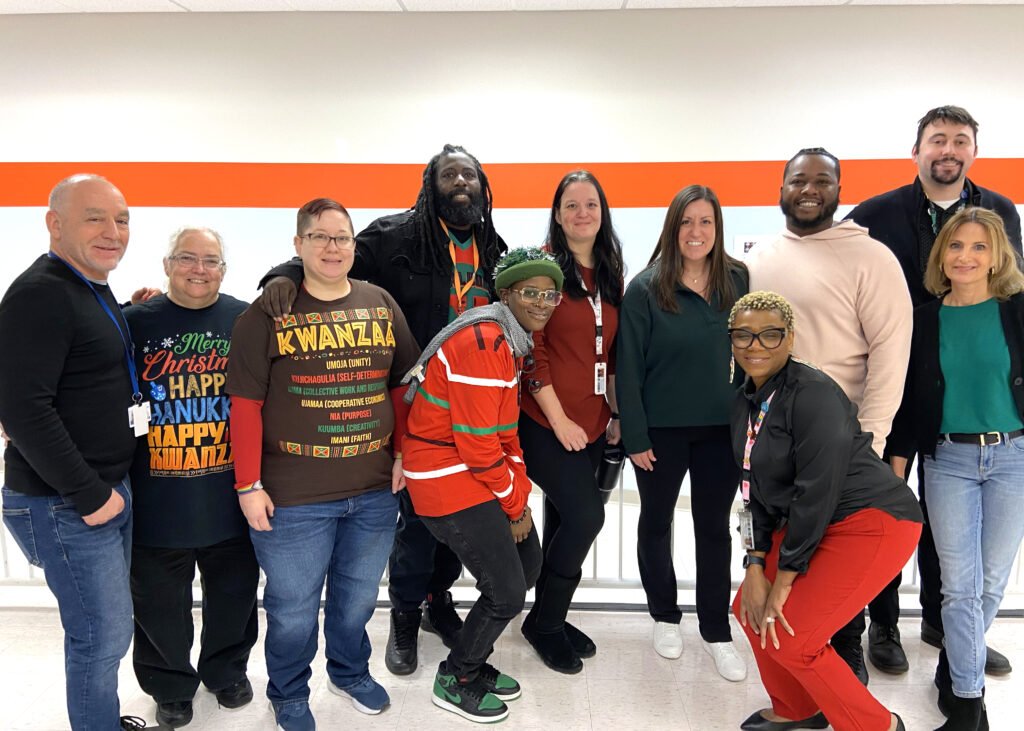UPDATED JANUARY 2023.
With all the services, intervention plans, specialists and their acronyms (BCBA, LPC, LSW, LAC…we could go on…and on) that families may encounter on a daily basis, it can be difficult to make sense of who is who. You may be wondering, what exactly is a clinician? What is their role at Academy360? How can they help my child and my family? This post is a bit long but bare with us.
Who are the Academy360 clinicians?
Clinician is a general term for a mental health professional. At Academy360 Upper School we are fortunate to have two clinicians (as of January 2023):
- Gloria Nelson MA, Certified School Counselor
- Colleen Manley M.Ed., LAC, NCC, Certified School Counselor
Academy360 Lower School has one clinician:
- Beth Mahaney, MA, Cert., a certified school psychologist.
What degrees do Academy360 clinicians hold?
- School counselors have a minimum of a master’s degree in school counseling (MA or M.Ed.). They are trained to address students’ academic, career and social/emotional development through the planning and implementation of a comprehensive school counseling program. School counselors support a safe learning environment and work to safeguard the human rights of all members of the school community.
- School social workers hold a minimum of Master’s degree (MSW) in social work and are certified as school social workers by the state. They provide services related to a student’s social, emotional and life adjustment to school and/or society. School social workers are the link between the home, school, and community. They promote and support students’ academic and social success.
- School Psychologists hold a minimum of a Master’s degree in psychology. They are trained to support students’ ability to learn and teachers’ ability to teach. They apply expertise in mental health, learning, and behavior, to help children and youth succeed academically, socially, behaviorally, and emotionally. They provide direct support and interventions to students; consult with teachers, families, and other school-employed mental health professionals (i.e., school counselors, school social workers) to improve support strategies; work with school administrators to improve school-wide practices and policies; and collaborate with community providers to coordinate needed services.
What is a certification and who has them?
All clinical staff working in NJ schools are required to be certified by the state. Each Academy360 clinician is certified based on his/her Master’s degree. So, our clinical staff consists of two NJ certified school counselors -Jessica and Lauren, a certified school social worker -Alexandra, and a certified school psychologist – Beth.
What is a licensed clinician?
Clinicians working in schools are not required to be licensed. However, many clinicians do choose to take further courses and an exam to become licensed professionals in order to start a private practice. The license for each of these professions is issued by the state of NJ. In order to apply for a license, each professional must have the required academic degrees.
- Licensed Associate Counselors (LAC) have received a passing score on the National Counselor Examination. The LAC is the first step towards licensure as an LPC (Licensed Professional Counselor). A LAC may provide clinical counseling services under supervision. Once they complete 4,500 hours of supervised experience, they will obtain their LPC and can set up a private practice.
- Licensed Social Workers (LSW) have earned a passing score on the Association of Social Work Boards Master’s level examination. They can provide clinical social work services under the supervision of a Licensed Clinical Social Worker (LCSW). The LSW is the first step towards becoming an LCSW. Licensed Clinical Social Workers can provide mental health counseling as an independent practitioner once they complete 1,920 number of hours of supervised experience.
- Licensed Psychologists are regulated by the State Board of Psychological Examiners. In order to become licensed, a psychologist must earn a doctoral degree (Ph.D. or Psy.D.), complete a post-degree supervised practice requirement, and pass state and national examinations.
How Can Academy360 Clinicians Help?
Our goal at Academy360 is to help each student foster self-esteem, cultivate social skills, maximize opportunities to develop independence and promote self-advocacy. The clinicians are responsible for delivering a variety of services to help meet this goal, including:
- Group Counseling: At Academy360 Upper School, we are currently running nine counseling groups with a focus on emotional regulation and coping skills. We are using a new curriculum called “The Emotional Regulation Skills System for Cognitively Challenged Clients.” So far the students seem to be enjoying the lessons and having the opportunity to practice relaxation skills during the group. At Academy360 Lower School Social Skills lessons are integrated into all classes throughout the middle school/ninth grade program based on the Social Thinking curriculum.
- Individual Counseling: Clinicians in both schools are also available to see students for individual counseling. Individual sessions may be brief and short-term or scheduled on an on-going basis. Students come to counseling for many reasons, such as problems with friends, dealing with anxiety, or just to vent and share what is on their minds!
- Crisis Response Services: Clinicians are responsible for helping to ensure students’ safety and helping in times of crisis.
- Family Support: Clinicians are available to provide family support at all levels in both schools. This can take the form of consultative services, brief interventions, and/or parent support groups.
Have a counseling question?
Keep your eyes peeled for our new Spectrum360 Q & A blog series: “Ask the Clinicians.” Please submit any questions you have for the Upper and Lower School clinicians at clinicaldepartment@spectrum360.org . Questions will be answered on our Spectrum360 blog. If you have a question, others can most likely benefit from the answer as well. The identity of the person submitting the question will not be shared.


